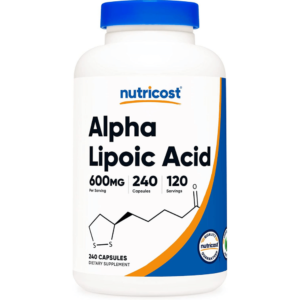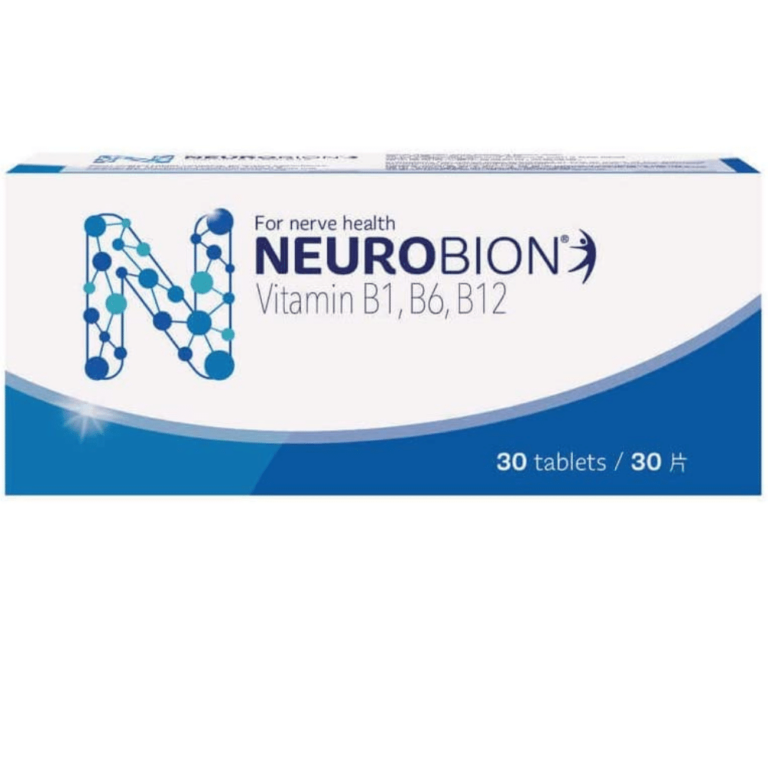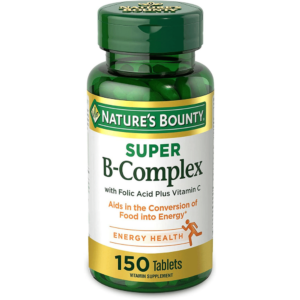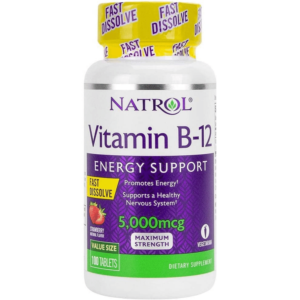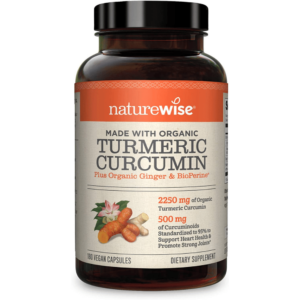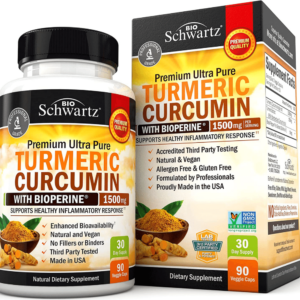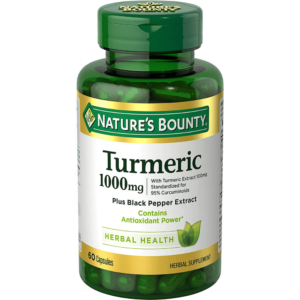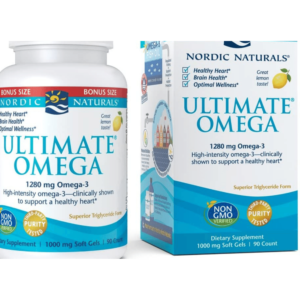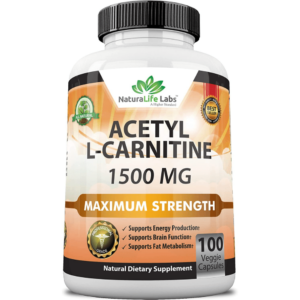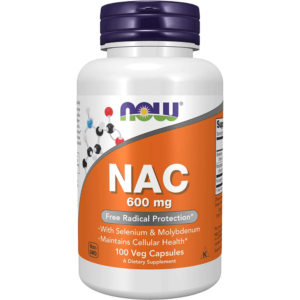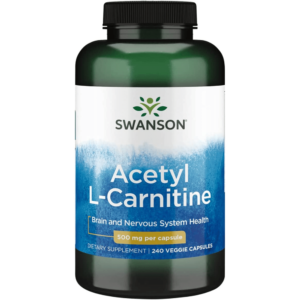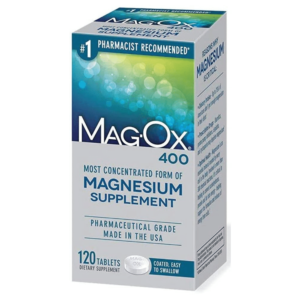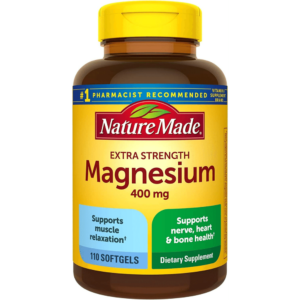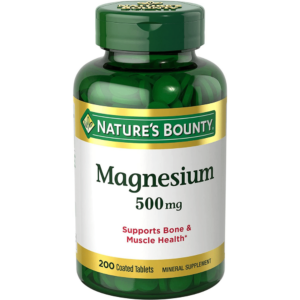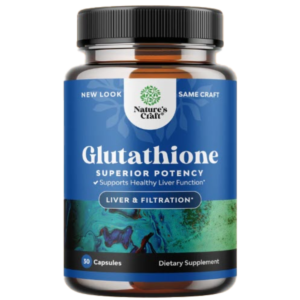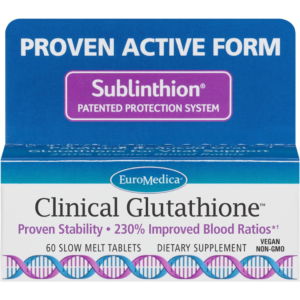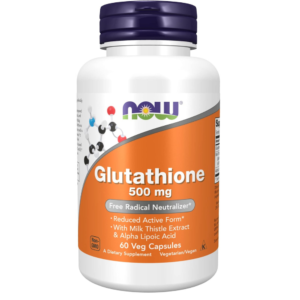Nerve Health and Pain Management
Nerve or neuropathic pain, also called neuralgia, occurs when a health problem affects the nerves that transmit sensation to the brain. It is a particular type of pain that feels different from other types of pain.
Neuropathic pain results from damage or injury to the nerves that carry information from the skin, muscles, and other parts of the body between the brain and the spinal cord.
The pain is often described as a burning sensation, and the affected areas are often tender to the touch. Neuropathic pain symptoms include excruciating pain, tingling, difficulty perceiving temperatures correctly, and numbness. Some people may find it difficult to wear heavy clothing because even light pressure can worsen the pain.
There are four types of neuropathy, each affecting different nerves. These are autonomic, peripheral, proximal, and focal. Autonomic nerve damage harms bodily processes such as digestion and can affect heart rate and blood pressure. Peripheral neuropathy most commonly affects the toes, fingers, hands, and feet.
How does Nerve Pain feel?
Nerve pain is experienced differently by different people. Night pains can be stabbing for some people. Others may experience chronic prickling, tingling, or burning throughout the day.
It can be hard to bear uncontrolled nerve pain. However, it can usually be adequately controlled with treatment.
Causes of Nerve Pain:
- A disease such as HIV/AIDS, Lyme disease, or syphilis.
- When someone has a stroke, they can experience nerve pain.
- Toxic chemicals.
- Diabetic neuropathy causes nerve pain by damaging nerves (noo-ROP-uh-thee).
- Phantom pain after an amputation
- Vitamin B12 or thiamine (vitamin B1) deficiency
- Certain medicines.
Many diseases, such as shingles and Trauma, can cause injury and neuralgia. Some people develop unexplained neuralgia.
Identifying the underlying cause of neuralgia, such as uncontrolled diabetes, is important, and seeking appropriate treatment. It helps relieve pain and stop the progression of damage. But be sure to seek treatment for your pain as well.
Understanding Nerve Pain
Pain should have been a warning. If your hand gets too close to the stove, your nerves send pain signals to your brain to pull your hand back before it burns you. But when nerves are damaged, that system is not working. Damaged nerves can send false signals, often causing you to feel real pain for no reason.
Nerve Pain and Sleep
Neuralgia is usually worse at night. The pressure of touching the sheets or reaching out can be uncomfortable. If you can’t sleep because of neuralgia, talk to your doctor. It may be improved by changing lifestyle or taking medicine.
Diagnosis and Tests
You will be examined by your healthcare provider and asked about your symptoms. They may also perform the following:
- Blood tests.
- A nerve study, such as an EMG (electromyography).
- An MRI of the brain or spine.
How is nerve pain treated?
There are many ways to treat neuralgia. Neuralgia can be difficult to treat. Underlying conditions such as diabetes and vitamin
B12 deficiency can be managed. Otherwise, treatment is aimed directly at relieving pain. Options include pharmaceutical and non-pharmaceutical strategies.
Essential Oils for Nerve Pain
Essential oils have a variety of uses, including curing nerve damage and neuralgia. Nerve regeneration can be a slow process, but aromatherapy treatments can be a great alternative to help this process. Some are known to have anti-inflammatory effects. They are said to achieve this by increasing circulation in the body. They are all non-invasive and are found naturally in plant extracts. Some of the most effective essential oils for relieving neuralgia include:
- Eucalyptus oil works well as an anti-inflammatory agent. It also helps reduce muscle spasms and relieve pain. It is said to help increase blood circulation in various neurological disorders such as neuralgia and sciatica.
- Chamomile acts as an anti-inflammatory agent as well as a pain reliever that helps with neuralgia, rheumatic pain, and neuritis.
- Lavender oil is highly effective at relieving pain, which makes it one of the most widely used lavender oils. A calming fragrance that helps reduce anxiety, stress, and depression. It also reduces inflammation and promotes blood flow throughout the body. This oil helps treat sciatica, muscle pain, neuralgia, and muscle spasms.
- Frankincense oil is another soothing ingredient that fights inflammation in arthritis and rheumatoid arthritis. Studies have shown that frankincense helps prevent the breakdown of cartilage tissue, which is the primary cause of these conditions.
Applying these oils to painful areas can help relieve the stinging and tingling caused by neuropathy. Talk to aromatherapy or natural medicine professionals to determine which oils are best for your nerve health. This could be a certified herbalist, doctor, or aromatherapist. Also, if you’re pregnant, breastfeeding, or have concerns about using the oil that might interfere with your health. If you have a medical condition, ask if essential oils are right for you.
Supplements for Nerve Pain
These nutrients have been shown to relieve nerve pain in solid research studies.
Alpha-lipoic acid
Alpha-lipoic acid is an antioxidant shown in human clinical trials to reduce diabetic neuropathic symptoms and pain and improve the overall quality of life.
Alpha lipoic acid is an antioxidant known to improve nerve function, relieve symptoms of nerve dysfunction, and lower blood sugar levels. It can be given intravenously. These include broccoli, red meat, liver, Brussels sprouts, spinach, and brewer’s yeast.
For nerve pain, you can use the best Alpha-lipoic acid supplements. Taking alpha-lipoic acid supplements has been linked to many nerve health benefits.
Reason to buy
- Potent & High-Quality Alpha Lipoic Acid
- Made in a GMP Compliant Facility
- 600mg Per Serving (300mg Per Capsule)
- 240 Capsules Per Bottle
- 120 Servings Per Bottle
- Its high-quality ingredients offer a variety of options for your health support.
Reason to buy:
- Supports sugar metabolism.
- Supports nervous system health.
- non-GMOˆ, and free of gluten.
- No artificial color, flavor, or sweetener,
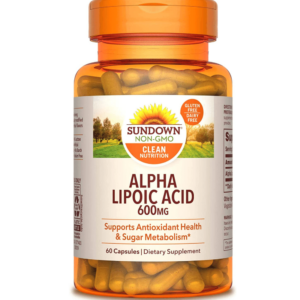
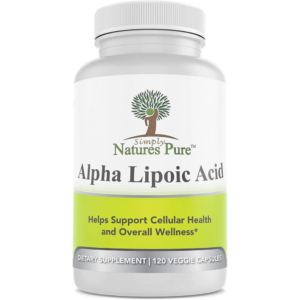
Reason to buy:
- Made in the USA
- Zero artificial ingredients.
- It promotes healthy nerve function.
- Lower heart disease risk factors.
B Vitamins
B vitamins are known for their ability to support healthy nervous system function. Vitamins B-1, B-6, and B-12 are particularly beneficial in treating neurological disorders. Vitamin B-1, also known as thiamine, helps reduce pain and inflammation, and vitamin B-6 keeps nerve endings closed. B-12 is also necessary for proper neurological function, and a deficiency of B-12 can cause neurological damage. B vitamins can be taken as supplements or found in eggs, seafood, fortified cereals, vegetables, low-fat dairy products, and poultry.
Here are our top Vitamins B supplements that support nerve pain:
Reason to buy:
- Enhances nerve signal transmission
- Help keep nerve damage symptoms away
- Helps protect and nourish nerves
- Vitamin B1/ B6/ B12 for Nerve Pain, Numbness,
Muscle Stiffness, Muscle Cramp, Impaired Sensation
Reason to buy:
- It plays an important role in energy metabolism.
- Help with the heart and nervous system
- vegetarian-friendly
- Non-GMO gluten-free, sugar-free and
- It contains no artificial colors or flavors
Reason to Buy:
- Good for healthy nerve and blood cells.
- Support energy production
- help to remove carbon dioxide and other toxins from your body
Curcumin
Curcumin is a powerful antioxidant and anti-inflammatory agent with far-reaching health effects, so it’s not surprising that it can also help with neuralgia such as sciatica, chemotherapy-induced neuropathy, and diabetic neuropathy.
Here are the top supplements based health benefits of turmeric and curcumin.
Reason to buy:
- Promotes cardiovascular and joint health
- It increases the antioxidant capacity of the body
- it protects your body from free radicals.
Reason to buy:
- Support Digestive Health
- Reduce Bloating & Gas, Enhance Nutrient Absorption Premium Probiotics Formula with 40 Billion CFUs
- Advanced Prebiotics for Ultra High Absorption
Reason to Buy:
- Each capsule contains 5 mg of Black Pepper Extract.
- Made with only the purest, most trusted ingredients.
- It promotes immune health and overall well-being.
Fish Oil
Fish oil acts as an anti-inflammatory agent and can repair nerve damage. Research shows that fish oil can slow the progression of neuropathy and, sometimes, even reverse it. It also promotes neuron growth increase. Fish oil can be taken as a supplement or found in soybeans in salmon, sardines, mackerel, cod liver oil, herring, oysters, anchovies, or caviar.
Some of our top recommended fish oil supplements for nerve health:
Reason to buy:
- It provides 1,100 mg of combined EPA and DHA
- non-GMO, gluten- & dairy-free ingredients with no artificial colors or flavors.
- Support Heart and Brain Health
Reason to buy:
- Supports healthy blood vessel function and blood flow.
- Helps maintain healthy brain function and supports cellular energy production.
- Removes contaminants like PCBs and heavy metals.
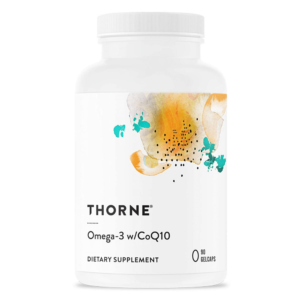
Acetyl-L-Carnitine
Acetyl-L-carnitine is an amino acid and antioxidant that builds healthy nerve cells, reduces nerve pain, and increases energy levels. It has been shown to improve cancer-related fatigue and neuropathy from chemotherapy. It can be taken as a supplement or found in foods such as meat, fish, poultry, and dairy products.
Our top Acetyl-L-carnitine supplements for nerve health:
Reason to Buy:
- Gluten-Free and Soy Free
- Helps improve energy.
- Enhanced nutritional support
- High Potency Supports Natural Energy Production
Reason to buy:
- It facilitates the production of several important enzymes.
- Production of energy from long-chain fatty acids.
- Effective in boosting the body’s ability to turn fat into energy
- NAC (N-Acetyl Cysteine) 600 mg with Selenium & Molybdenum, 100 Veg Capsules
Lorem ipsum dolor sit amet, consectetur adipiscing elit. Ut elit tellus, luctus nec ullamcorper mattis, pulvinar dapibus leo.
Reason to buy:
- It supports muscle health and enhances their workout.
- It protects the nervous system from oxidative stress.
- Helps to boost brain energy and memory health.
- Cognitive Health
Magnesium
The Peripheral Neuropathy Foundation says magnesium can help with chemotherapy-related symptoms. In addition to over-the-counter supplements, magnesium is also found in dark chocolate, nuts, avocados, and legumes.
Some of our recommended magnesium supplements for nerve health:
Reason to buy:
- Contains 85% of the recommended dietary allowance (RDA) for men and women
- Helps support a healthy heart, calcium and potassium intake, and muscle and nerve function.
- Sugar and gluten-free
- Supports health and improves vitality
Reason to buy:
- Supports healthy bones and teeth.
- Made without preservatives, artificial flavors, synthetic colors, and dye.
- Helps support nerve health, muscle health, and heart health
Reason to buy:
- Supporting bone health and maintaining bone mineralization.
- Made without artificial coloring, flavoring, and sweeteners
- Supporting muscle and nerve function and energy production.
Glutathione
Glutathione is a popular supplement because it is an antioxidant the body naturally produces. It is also found in foods such as okra, asparagus and avocado. Glutathione is broken down in the digestive system and not absorbed by the body, so some people supplement it. Your doctor can help determine the best way to supplement with glutathione to help with neuropathy adjacent to chemotherapy.
Our top best Glutathione supplements for nerve health:
Reason to buy:
- It helps preserve brain health, including memory, focus, and attention support.
- Supports healthy bones and nerves.
- It supports muscle health and enhances their workout.
Reason to buy:
● Helps support and protect other crucial antioxidants in the body
● Brain Health Support
● Reduce muscle pain due to exercise
Reason to buy:
● Vegetarian, Gluten Free, Vegan
● Plays a critical role in maintaining cellular health
● Best for healthy immune system function
Managing Pain Without Medicines
Many non-drug treatments are available to help you manage your pain. A combination of treatments and therapies is often more effective than a single treatment.
Some non-medicine options include:
- Hot or cold – use ice packs immediately after the injury to reduce swelling. Heat packs are more effective at relieving chronic muscle or joint injuries.
- Physical therapy such as walking, stretching, strengthening, or aerobic exercise can help reduce pain, keep you active, and improve your mood. You may need to increase your exercise very slowly to avoid overdoing it.
- Massage – this is another physical therapy; It is most suitable for soft tissue injuries and should be avoided if the pain is in the joints. Some evidence suggests that massage may help manage pain, but it is not recommended as a long-term treatment.
- Relaxation and stress management techniques – including meditation and yoga.
- Cognitive-behavioral therapy (CBT) – this form of psychological therapy can help you learn to change the way you think and, therefore how you feel and act in the face of pain. This is a valuable strategy for learning to self-manage chronic pain.
- Acupuncture – is a component of traditional Chinese medicine. Acupuncture involves inserting fine needles into specific points on the skin. It aims to restore balance in the body and support healing by releasing natural pain-relieving compounds (endorphins). Some people find that acupuncture reduces the severity of their pain and allows them to function. However, studies on the effectiveness of acupuncture in pain management are insufficient.
- Transcutaneous Electrical Nerve Stimulation (TENS) Therapy – low voltage electrical currents are passed through the skin through electrodes, causing the body to respond as pain relievers. There is insufficient published evidence to support TENS’ use in treating some chronic pain. However, some people with chronic pain that does not respond to other treatments may benefit.
Your doctor or other healthcare professional can guide you to the treatments that are best for you.
What’s Good for Nervous Health?
Along with adding the best vitamins to the nervous system, it’s important to pay attention to what you eat as well. For best results, stick to a Mediterranean diet rich in leafy green vegetables, fish, broccoli, eggs, avocados, pumpkin seeds, and even dark chocolate! In addition to filling your plate, be sure to exercise daily, get a full seven to eight hours of sleep each night, get plenty of sunlight, and meditate to calm your nerves.
How can B12 support your nervous health system?
Vitamins are essential for nerve health, especially vitamin B12. Because it’s part of what makes up your DNA, this powerful vitamin is used to make new cells, including nerve cells. Additionally, B12 helps support cellular structure as well as the production of healthy red blood cells. Other B vitamins that help support nerve health include: B1 (thiamin), B2 (riboflavin), B3 (niacin), B6, B7 (biotin), and B9 (folate).
Vitamins for nerve health
According to the National Institutes of Health, approximately 25 million Americans experience daily discomfort. This type of disturbance can affect mood, mobility, and overall quality of life. Fortunately, with the help of nerve-health nutrients like B vitamins, honokiol, palmitoylethanolamide (PEA), butterbur, and ginger extract, you can support your nervous system for relief from minor daytime ailments like by night.
Pain management strategies
Psychological wellbeing can influence a person’s perception of pain, according to studies. You can improve your quality of life by understanding the cause and learning effective ways to cope with your pain. The following are key pain management strategies:
- pain medicines
- physical therapies (such as heat or cold packs, massage, hydrotherapy and exercise)
- psychological therapies (such as cognitive behavioural therapy, relaxation techniques and meditation)
- mind and body techniques (such as acupuncture)
- community support groups.
The bottom line
Neuralgia (Nerve pain) is common and can affect patients negatively in several ways. Luckily, certain nutrients can help relieve pain and help regenerate nerves.
If you’re interested in using natural approaches to relieve nerve pain, consider contacting an integrative practitioner for help. Do Care & Stay Healthy!

